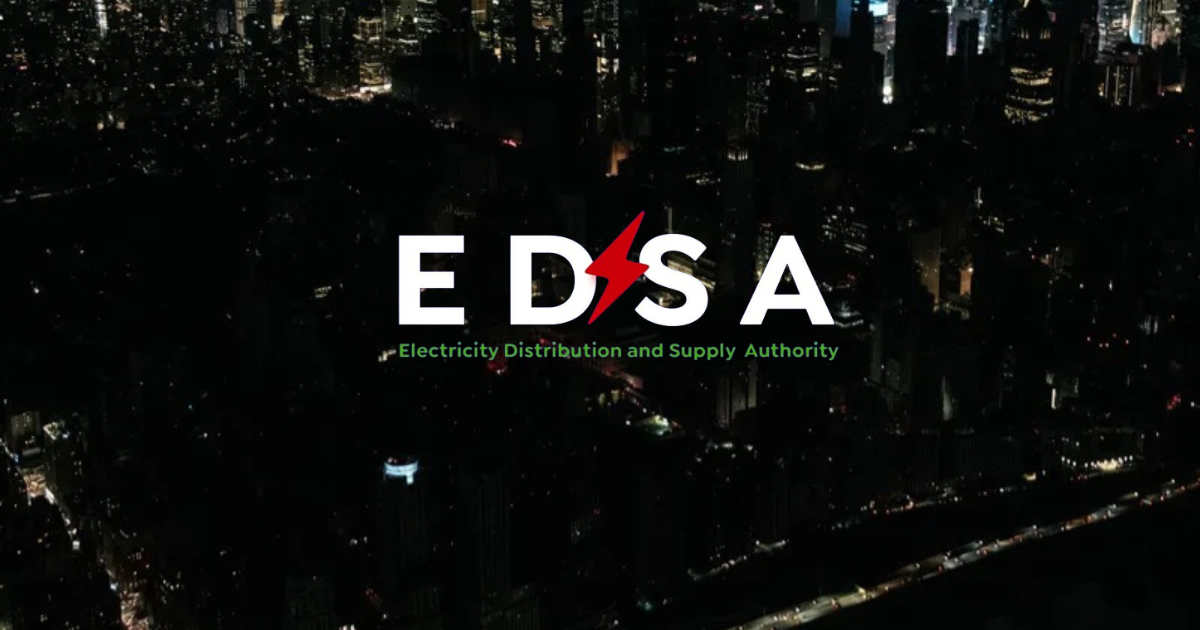The Electricity Distribution and Supply Agency (EDSA), the entity responsible for generating and distributing electricity across the country, has been failing to provide consistent service to a significant number of Sierra Leoneans.
Despite purchasing electricity credits with their hard-earned money, many customers are not receiving the reliable power they pay for.
EDSA customers frequently experience inconsistent electricity supply due to various factors, including poor management, inadequate power distribution systems, and a failure to prioritize strategic business areas that could generate significant revenue for the government. Unfortunately, EDSA appears unable to address these issues effectively.
The frequent power outages disrupt local businesses, homes, and daily activities, creating national challenges that disproportionately affect the most vulnerable. As a result, household appliances are often damaged, and lives are sometimes lost due to the unstable energy supply.
What exacerbates the situation further is the high cost of electricity in Sierra Leone, especially for average income earners who struggle to afford it. Despite these challenges, many households go to great lengths to secure electricity, which they rely on to maintain their livelihoods.
This financial strain has led to an increase in non-payment or illegal connections as frustrated customers seek alternative ways to meet their energy needs. Furthermore, even when customers purchase electricity credits, they often find it difficult to access the service due to inconsistent supply.
Many customers also face challenges in reporting faults or receiving timely responses from EDSA’s customer service department. As a result, power outages can last for extended periods, exacerbating frustrations.
The outdated and poorly maintained electricity infrastructure, including transmission lines and transformers, contributes to inefficiencies, voltage fluctuations, and an inability to meet growing demand.
Power theft remains a significant issue, as some individuals illegally tap into the electricity grid, causing losses for EDSA and further reducing the quality of service for paying customers.
However, this should not excuse EDSA’s failure to provide quality service. The high tariffs imposed by EDSA must be justified by a reliable and efficient service, yet the reality is quite the opposite. Consumers are left with no viable alternatives and are forced to endure poor service while hoping for divine intervention.
Previously, customers who purchased NLe 100 worth of credits would receive 64.9 units, but this has now been drastically reduced to just 20.8 units, all while using the same amount of money. This steep increase in tariffs is placing immense pressure on households and businesses, especially in Freetown.
There are, however, recommendations that, if implemented, could lead to positive outcomes. EDSA should invest in upgrading transmission lines, substations, and transformers to reduce outages and accommodate growing demand. Partnering with international organizations for funding and expertise could support this effort. Additionally, the agency needs better management and oversight to ensure that funds are used effectively for their intended purposes.
EDSA should also establish a more responsive customer service platform, including online fault-reporting systems, to ensure quick resolutions to outages. A feedback loop could help improve customer satisfaction and transparency.
To prevent infrastructure failures, EDSA should implement a regular maintenance schedule that includes inspections of transformers, lines, and substations to ensure they operate efficiently.












It’s a shame to the government for such act which has leads to many damage’s. Please let the people response to the effects